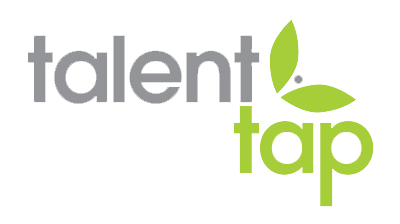Navigating Salary Expectations in a Shifting Economy: A Balancing Act for Candidates and Employers
By Alayna Christian
November 30, 2023
In the dynamic landscape of today's economy, salary expectations play a crucial role in shaping the employer-candidate relationship. As economic factors continue to shift, the balance between what job seekers anticipate and what employers are willing to offer becomes increasingly intricate. Recent reports shed light on the evolving salary dynamics, exploring the rising expectations of American workers and the challenges faced by employers in meeting these demands.
The Surge in Salary Expectations:
According to a recent USA Today article, American salary expectations are on the rise. In an economy marked by inflation and other economic uncertainties, employees are seeking compensation that aligns with the increasing cost of living. As job seekers become more informed about market trends and living expenses, their expectations are naturally adjusting to reflect these changes.
Challenges Faced by Employers:
While candidates are optimistic about higher compensation, employers are grappling with the challenge of managing these soaring salary expectations. It has been reported that salary increases are misaligned with current inflation rates, and although it puts more onus on the employer, the reality is that we are living in an era where money simply does not go as far as it once did. In order for candidates to put their best efforts toward an organization, they need to feel they are being compensated well enough to survive these expensive times. As a result, businesses are being urged to reassess their compensation strategies and adapt their salary structures in response to the evolving job market. It is one of few ways to ensure a business can remain competitive among job seekers. Fortunately, data from The Conference Board indicates a growth in salary increase budgets for the year 2023, which reflects the idea that a majority of employers understand and are effectively navigating these expectations in order to attract and retain top talent.
Strategies for Balancing Expectations:
In this dynamic environment, finding a balance between candidate and employer expectations is essential. Employers can explore creative compensation packages, including fine-tuning benefits, offering flexible work arrangements, and professional development opportunities. This approach enables organizations to remain competitive without solely relying on traditional salary increases.
As the economy continues to evolve, salary expectations will remain a top priority in the labor market. Job seekers, armed with market knowledge, are increasingly aware of their worth, while employers navigate the challenge of meeting these expectations within the constraints of economic conditions. The key lies in open communication, flexibility, and a strategic approach to compensation that goes beyond traditional salary figures. In this shifting economy, the ability to adapt and find a middle ground will be crucial for both candidates and employers to thrive in the ever-changing job market.
Share This Post!
Talent Tap Trends & Insights | Lancaster, PA



